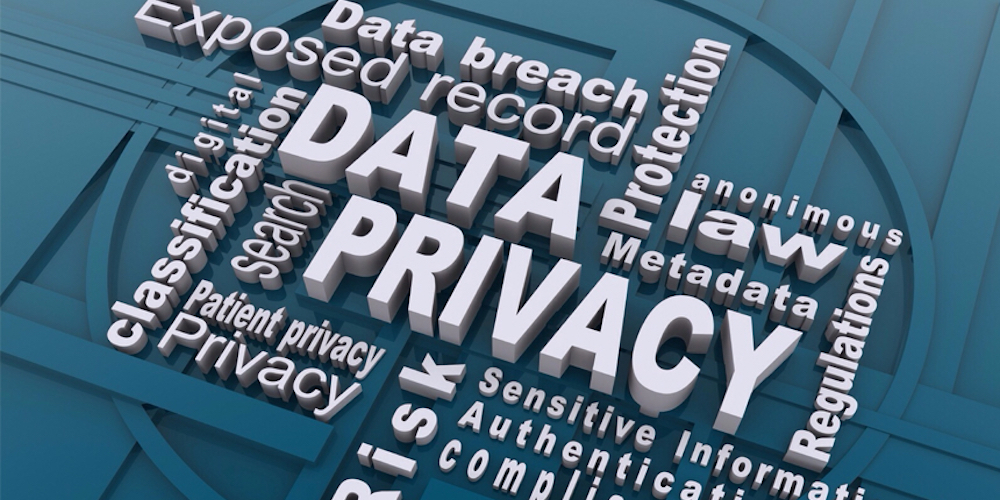
Navigating the Digital Landscape: Understanding Data Privacy Laws
Introduction:
In an era dominated by digital advancements and technological innovations, the importance of safeguarding personal information has become more critical than ever. Data privacy has emerged as a hot topic globally, prompting governments and organizations to establish and enforce robust regulations. This blog post aims to shed light on the intricate web of data privacy laws, exploring their significance, evolution, and impact on individuals and businesses.
I. The Rise of Data Privacy Concerns:
In the wake of numerous high-profile data breaches and cyber-attacks, the world has witnessed a surge in public awareness regarding the need for data protection. From unauthorized access to personal emails to large-scale data leaks from major corporations, incidents like these have underscored the vulnerability of personal information in the digital age.
II. Understanding Data Privacy Laws:
A. General Data Protection Regulation (GDPR):
Overview:
a. Enacted by the European Union (EU) in 2018.
b. Applicable to organizations that process personal data of EU citizens, regardless of their location.
Key Principles:
a. Lawful processing of data.
b. Purpose limitation and data minimization.
c. Transparency and accountability.
d. Individual rights, including the right to be forgotten.
B. California Consumer Privacy Act (CCPA):
Introduction:
a. Enacted in 2018, effective from 2020.
b. Applicable to businesses operating in California that meet certain criteria.
Key Features:
a. Gives consumers the right to know what personal information is being collected.
b. Allows consumers to opt-out of the sale of their personal information.
c. Imposes stricter requirements on businesses handling sensitive information.
III. The Global Impact of Data Privacy Laws:
A. International Reach:
Cross-border data transfers and their implications.
The influence of GDPR on global data protection standards.
B. Business Compliance Challenges:
The need for businesses to adapt to varying regulatory frameworks.
The cost and effort involved in achieving compliance.
IV. The Future of Data Privacy:
A. Emerging Trends:
Increased focus on user consent and transparency.
Artificial Intelligence and its impact on data privacy.
B. Evolving Regulations:
Anticipated changes in existing laws.
The possibility of new, region-specific regulations.
Conclusion:
As the digital landscape continues to evolve, data privacy laws will play an increasingly vital role in shaping how personal information is handled and protected. Individuals and businesses alike must stay informed about these regulations to navigate the complexities of the modern digital age responsibly. By understanding and complying with data privacy laws, we can collectively contribute to creating a safer and more secure online environment for everyone.


